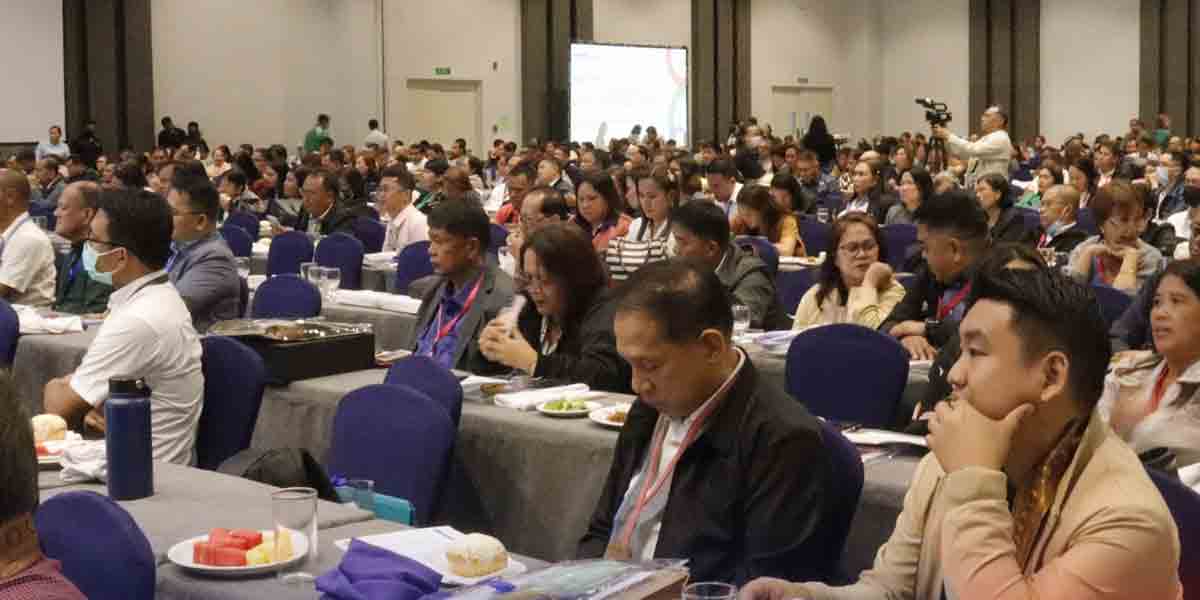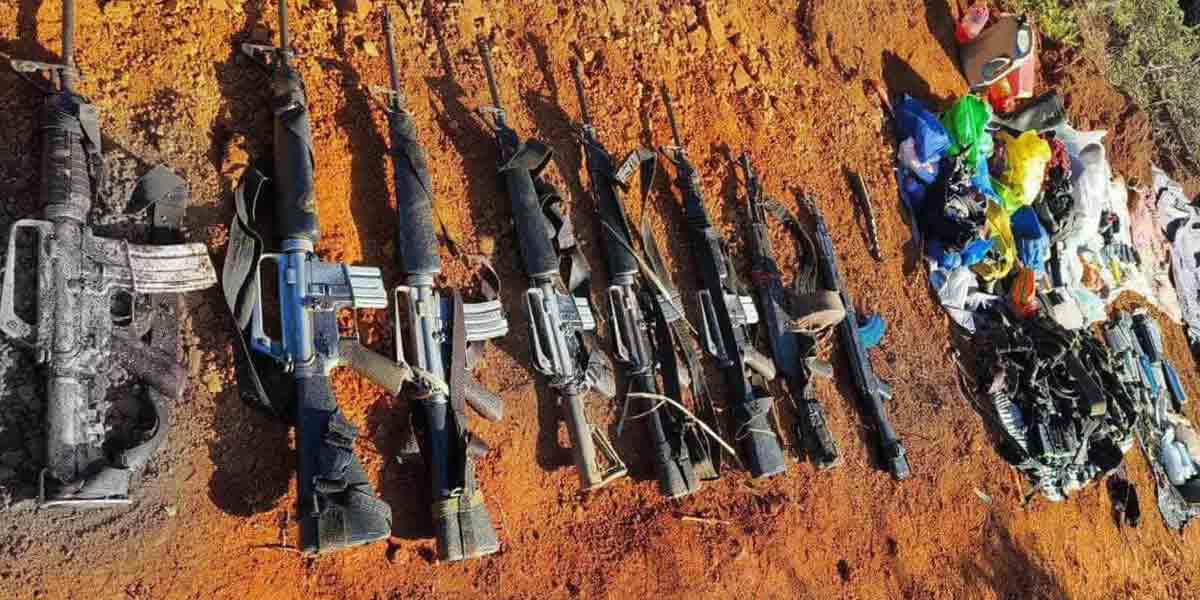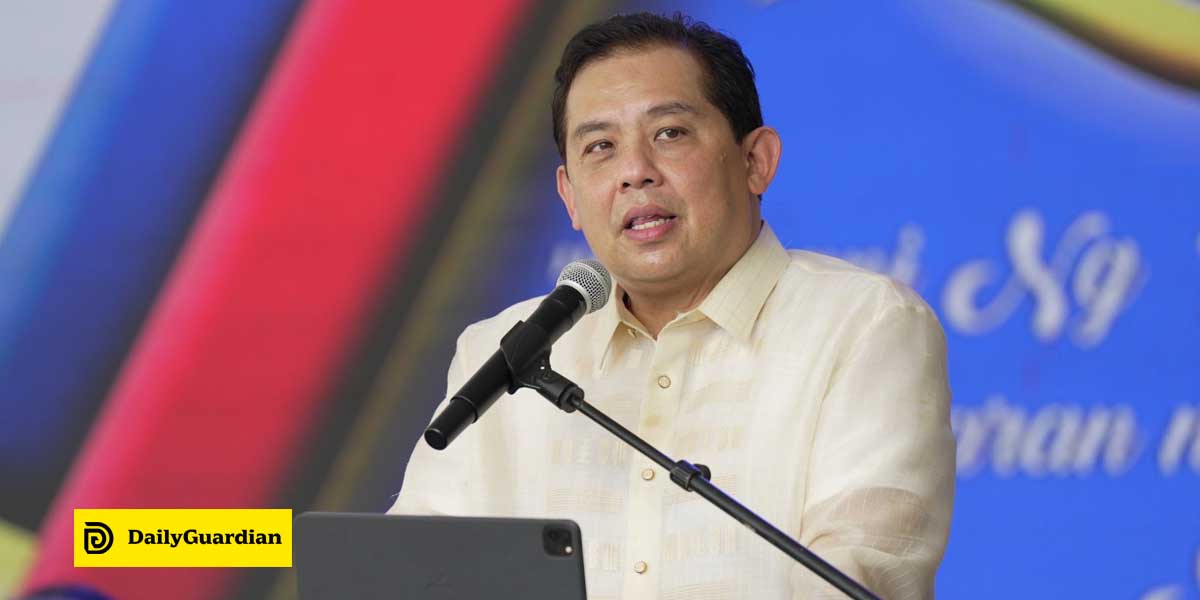By: Gerome Dalipe
IS calling someone “gay” considered an insult? It is when uttered in a “condescending manner,” the Supreme Court ruled.
In its nine-page decision, the High Court reprimanded lawyer Artemio Puti for calling an opposing counsel as “bakla” and accusing in open court the presiding judge of “abuse of discretion.”
“Atty. Puti ought to be aware that using the term ‘bakla’ in a derogatory way is no longer acceptable—as it should have been in the first place,” read the SC decision penned by Associate Justice Alfredo Benjamin Caguioa.
The high tribunal found Puti, a former prosecutor, guilty of violating Canons 8 and 11 and Rules 8.01, 11.03 and 11.04 of the Code of Professional Responsibility (CPR).
Puti was the defense counsel in the kidnapping for ransom with a double murder case in which the husband of litigant Carmelita Canete was a victim.
Canete complained that in a May 9, 2013 hearing, Puti told her private counsel Arturo Tan: “Ako muna. Ikaw naman, para kang bakla.”
While the word ‘bakla’ (gay) itself is not derogatory,” the high court held that Puti uttered the term in a “condescending manner.”
The SC also slammed Puti for questioning the presence of Tan as a private counsel in assisting the prosecution during the March 14, 2013 hearing.
In that hearing, Puti asked: “Bakit dalawa kayong prosecutor? Malaki siguro bayad sa inyo.”
In the decision, the High Court considered such remark “clearly unprofessional, especially since Atty. Puti used to be a public prosecutor.”
“By nonchalantly accusing the prosecutors of having been bribed or otherwise acting for a valuable consideration, Atty. Puti overstepped the bounds of courtesy, fairness, and candor which he owes to the opposing counsels,” read the SC decision.
Likewise, the SC scolded Puti for his observations during the May 22, 2013 hearing. The lawyer opposed to the unnamed judge’s move in allowing Tan’s cross-examination of his client. “That is an abuse of discretion on your part, Your Honor,” said Puti.
But the judge stood by his ruling and instead advised Puti to file a petition for certiorari.
This prompted Puti’s temper to flare.
“If the Court will allow the cross-examiner to ask that question, I will withdraw from appearing in this case because I would not like to participate in this kind of trial, partial trial. This is an abuse of discretion,” he told the judge.
The SC refuted Puti’s claim that he merely discharged his duty to represent his client. The high court said Puti should have expressed his criticism of the judge “respectfully and through legitimate channels.”
“While zeal or enthusiasm in championing a client’s cause is desirable, unprofessional conduct stemming from such zeal or enthusiasm is disfavored,” read the SC decision.
On the other hand, the SC disagreed with the Integrated Bar of the Philippines’ (IBP) recommendation to suspend Puti for six months.
“(His) transgression is not of a grievous character as to merit his suspension since his misconduct is considered as simple rather than the grave.”
Nonetheless, the SC said such was Puti’s first offense in his more than three decades in the legal profession.
The SC also warned Puti of stiffer penalty if he commits the same mistake.




















